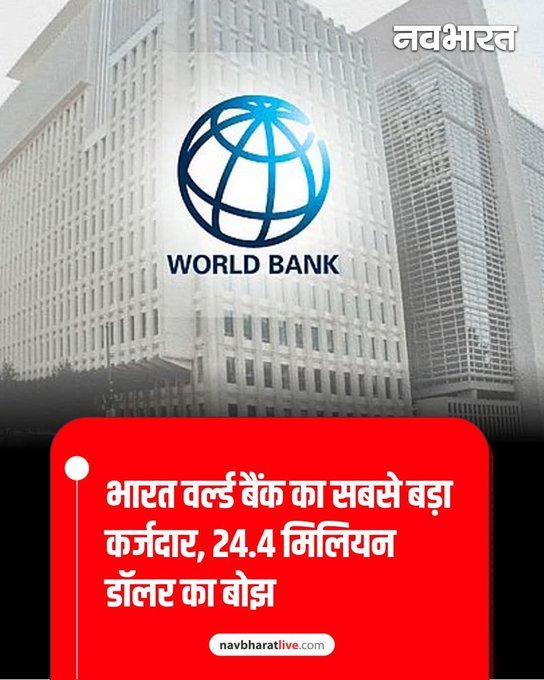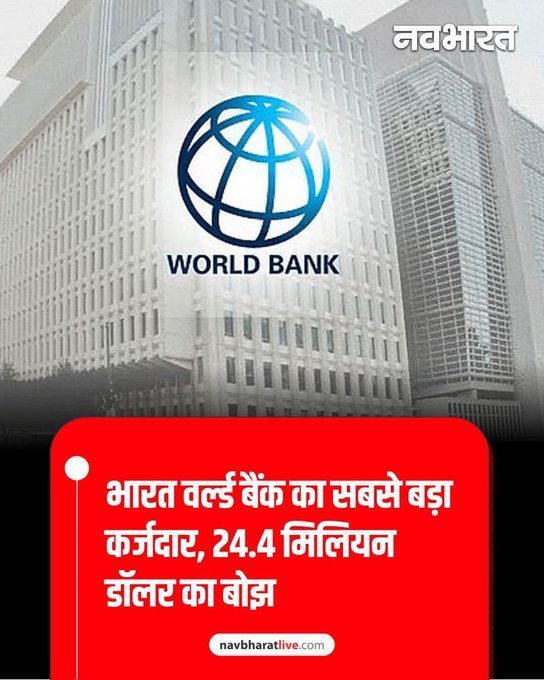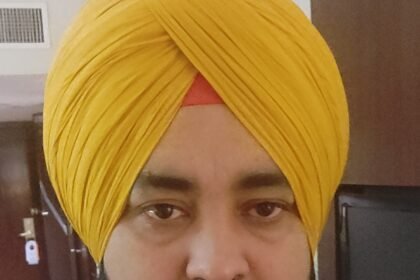
ARABIAN TIMES NEWS NETWORK
In a fiery post on his official X account, Samajwadi Party (SP) Chief Akhilesh Yadav has delivered one of his sharpest blows yet to the BJP government, branding it as the architect of India’s mounting debt crisis. “These are the world’s biggest debtors. Such a title is not good for the nation. When your financial hardship itself becomes news, even the rulers should know that too much borrowing is not good,” Yadav wrote, pulling no punches in his criticism. But his words went far beyond just numbers and figures.
Yadav painted a picture of what India could have been, if its farmers, artisans, traders, factories, shopkeepers, and skilled workers had been supported instead of sidelined. He accused the BJP of prioritizing corporate donations and commissions over public welfare, a choice he says has transformed India’s hands of strength into hands of dependence. “If the BJP government had cared for its people and not indulged in corruption by taking commissions and donations from big corporations, today our hands would be giving hands, not begging hands,” he asserted.
The message was clear: Yadav was not just attacking the BJP’s economic record, he was questioning its very intent. According to him, the wealth of the nation has been funneled upward, leaving ordinary citizens gasping under inflation, unemployment, and soaring prices. With his closing punchline, “If BJP goes, the economy will improve”, Yadav framed the upcoming political battle not merely as an election, but as a fight for economic dignity. His words echo among millions of Indians who see themselves struggling, while glossy promises of “growth” dominate headlines.
What makes Yadav’s attack exclusive is not only the sharpness of his criticism but the timing. With debt levels making global observers uneasy and citizens demanding relief, his remarks have reignited a critical debate: Can India’s economy truly recover under the BJP, or does change at the top remain the only cure? For now, Akhilesh Yadav has ensured one thing—the conversation around India’s economic future will no longer be confined to balance sheets and GDP graphs. It is about the people, their struggles, and their hopes for a government that gives, not one that only takes.










